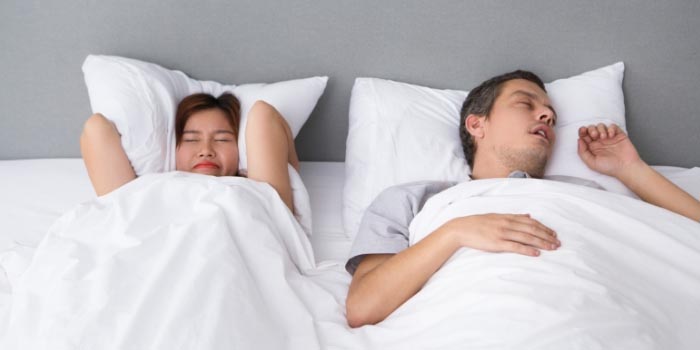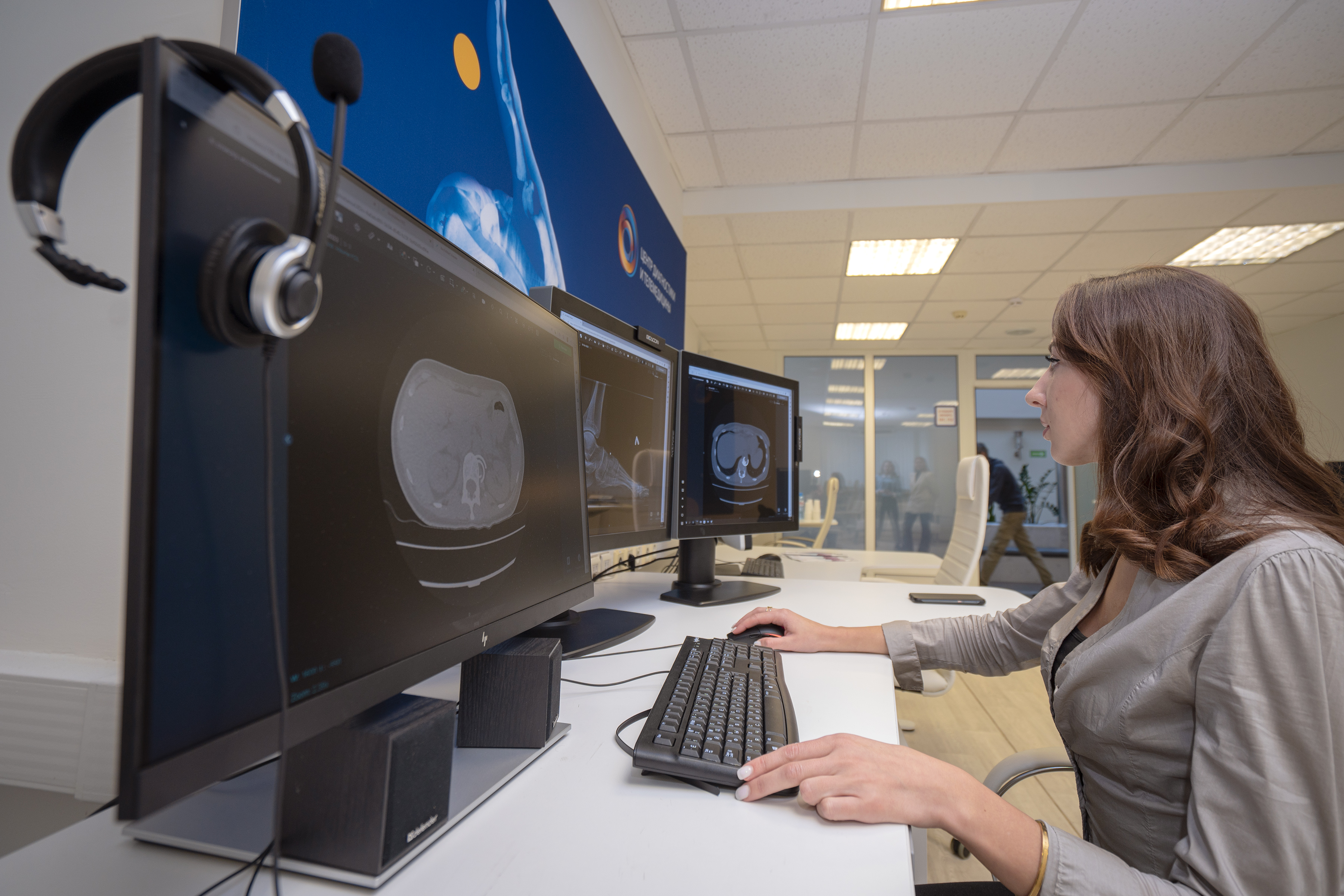Due to sleep apnea, patients suffering from sleep apnea have to face a lot of difficulty in breathing during sleep, due to which there is a lot of disturbance in sleep.
The real reason behind sleep apnea
Sleep apnea can last from a few seconds to minutes. Due to sleep apnea, there is a blockage in the upper air passage of the patient's windpipe, due to which oxygen does not flow properly. A person suffering from sleep apnea complains of snoring. But that doesn't mean that every snorer has sleep apnea. There are two types of sleep apnea. Obstructive sleep apnea and central sleep apnea.
Let us know in detail in this article what causes sleep apnea and what are its symptoms?
Symptoms of Sleep Apnea
Doctors say that you can easily recognize the symptoms of sleep apnea. Its main symptom is a frequent interruption in breathing. Apart from this, the following are the main symptoms of sleep apnea-
Snoring loudly Excessive daytime sleepiness Feeling very tired Too much gasping while breathing. feeling tired Lack of interest in sex. Loss of concentration. Decreased attention and alertness. Trouble recognizing something Trouble remembering words Headache problem dry mouth complaint Frequent urination while sleeping.Causes of Sleep Apnea
Obesity Excessive production of hormones (endocrine disorders) Large tonsils Polycystic ovary syndrome Having a stroke Spinal problems Overuse of painkillers Hypothyroidism Acromegaly Neuromuscular disease (caused by diseases affecting the nervous system) Having kidney problems Genetic syndromes (having cleft lip and Down syndrome etc.) Premature birth Brain infection PainkillersAll these reasons can cause a person to have sleep apnea.
Risk Factors of Sleep Apnea
People may be at increased risk of sleep apnea with increasing age. An unhealthy lifestyle such as smoking, lack of exercise, unbalanced diet, excessive consumption of alcohol, etc. can cause sleep apnea. A person can also be a victim of sleep apnea due to genetics. A person suffering from obesity may have sleep apnea. Problems of allergic rhinitis such as swelling of the nose can lead to sleep apnea. Tonsils also put some people at risk of sleep apnea.Diagnosis of Sleep Apnea
Medical history Physical exam Blood test Sleep study Pelvic ultrasoundThrough tests, doctors try to diagnose sleep apnea. Only then do doctors start treating patients.
Treatment of Sleep Apnea
Breathing devices - In the initial condition, doctors try to treat the patients with the help of breathing apparatus. This device uses a CPAP (Continuous Positive Airway Pressure) machine.
Oral Apparatus - In this method the doctor uses tongue rinsing and a mouthpiece. This device is worn by the patient while sleeping. This helps to open the upper air passages of the windpipe.
Orofacial therapy - In this therapy, doctors get the patient's mouth and tongue done. Through this therapy, an attempt is made to strengthen the muscles of the mouth.
Implants - In transplantation, the doctor inserts a device into the patient's body, with the help of which the device reaches the muscles that open the windpipe. This opens the windpipe and makes breathing easier.
Surgery - Doctors resort to surgery when there is a serious condition. The surgery is done in three ways. which are as follows-
Maxillary or Jaw advancement Tonsillectomy TracheostomyDiet in Sleep Apnea
What should we eat?
Whole Grains Legumes Olive oil green vegetables Milk products Nuts Fruit Sea Foods FishWhat not to eat
Fried foods High-fat meat High-fat diet Overeating Do not consume things like bakery products like savory pasta, tarts, kate, pastries.Prevention Tips for Sleep Apnea
Eating a balanced diet Stay away from things like smoking and alcohol. Keep the weight under control. Sleep and wake up on time. Exercise regularly.

 Good and deep sleep is necessary for a healthy body. But there are many such reasons, due to which we are not able to get good and deep sleep. There are many reasons for not sleeping. Sleep apnea can also be the biggest reason among these reasons.
Good and deep sleep is necessary for a healthy body. But there are many such reasons, due to which we are not able to get good and deep sleep. There are many reasons for not sleeping. Sleep apnea can also be the biggest reason among these reasons.










.jpeg)






.jpg)













